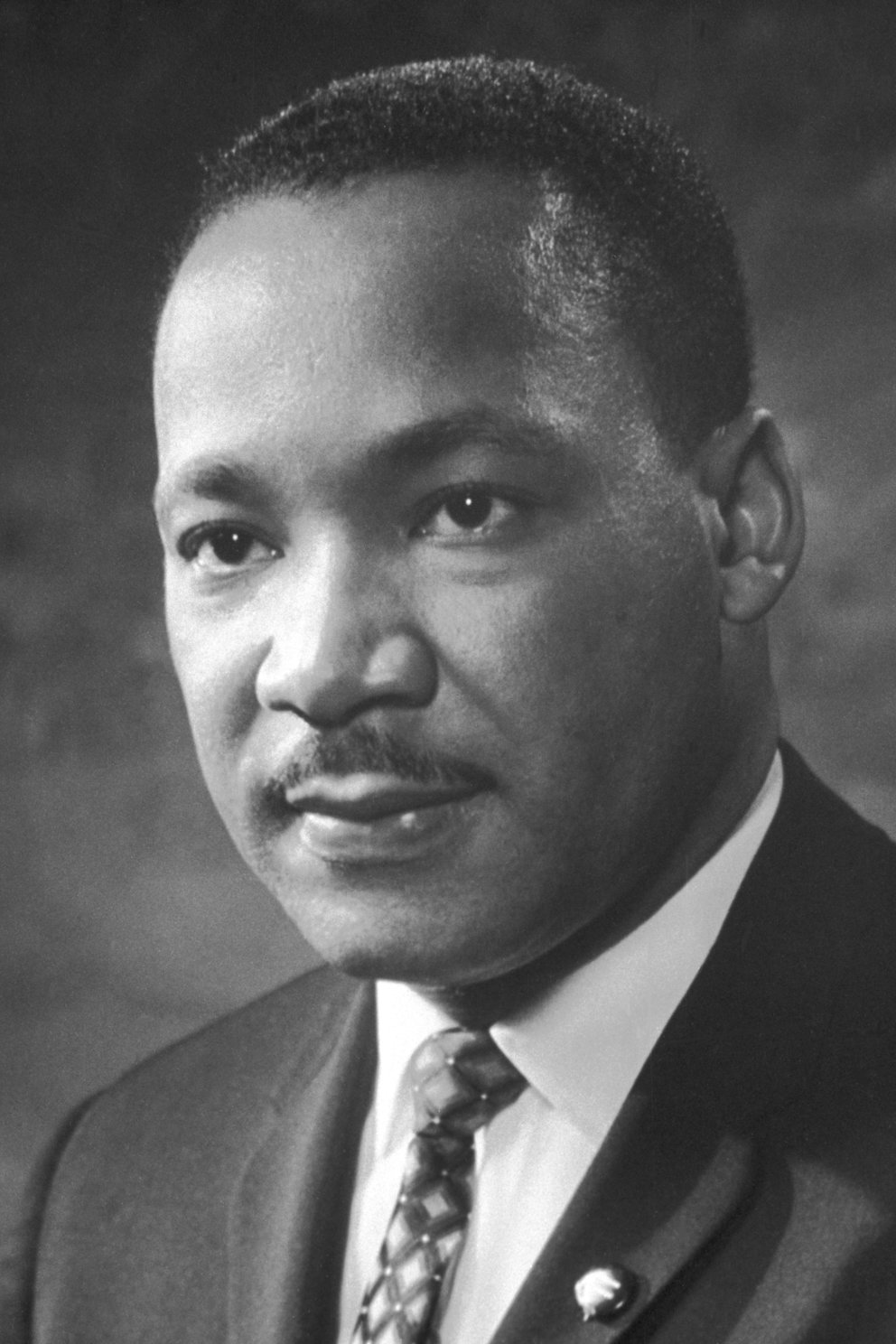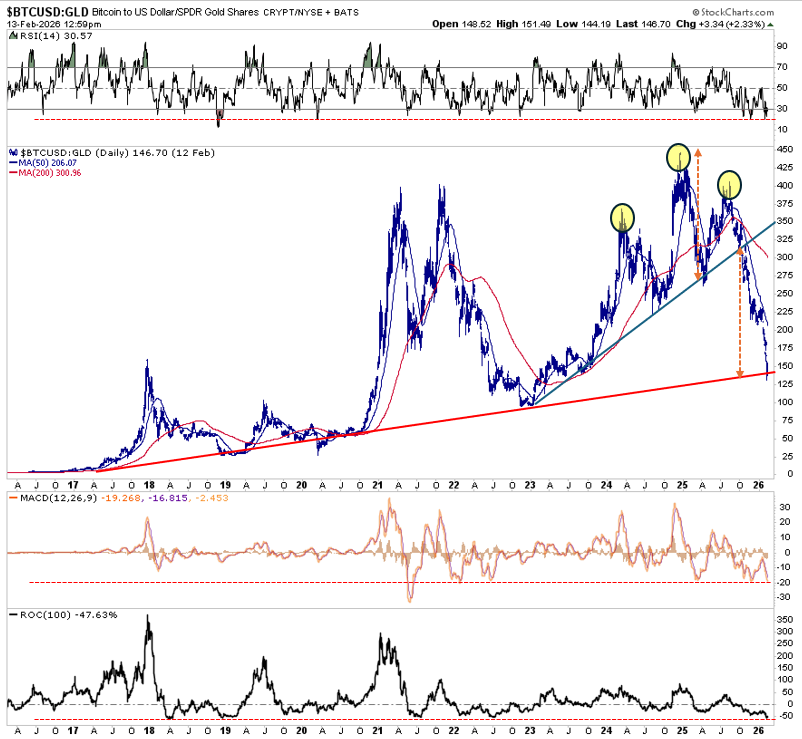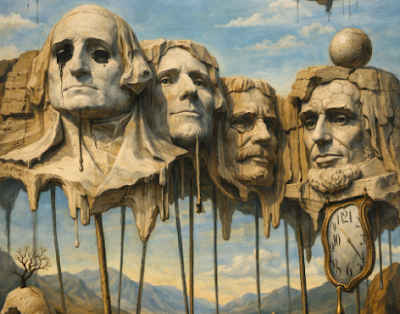Today, federal officials stumble over themselves to show how much they revere Martin Luther King. They’ve even created a federal holiday to honor him.
Not so back when King was alive, however. During that time, U.S. officials were convinced that King was a Red, and they were also convinced that the Reds, especially the Russian Reds, were coming to get us.
Do you remember the movie The Russians Are Coming! The Russians Are Coming!? The title of that movie captures perfectly the mindset that the U.S. national-security establishment had inculcated in the American people. Everyone was convinced that the commies were everywhere and that they were going to take over the federal government and teach communism in America’s socialist public-school system.
The Pentagon, the CIA, the NSA, and the FBI were also convinced that the civil-rights movement was a communist front, one that was preparing the ground for a Russian invasion of the United States. The leaders of the civil-rights movement, especially King, were considered to be covert, unregistered agents of the Russian Reds.
In 1999, King’s widow, Coretta Scott King, filed a lawsuit in Memphis against a man named Loyd Jowers and “other unknown co-conspirators,” in which she alleged that the official story of King’s assassination in 1968 was false. According to Wikipedia, King’s attorney, William Pepper, presented 70 witnesses and thousands of documents. After only one hour of deliberations, the jury reached a unanimous verdict finding that federal officials conspired to assassinate King.
 If that’s what actually happened, it certainly should not surprise anyone. After all, during the Cold War, the national-security establishment had carte blanche to assassinate anyone who was considered a communist or a threat to “national security.”
If that’s what actually happened, it certainly should not surprise anyone. After all, during the Cold War, the national-security establishment had carte blanche to assassinate anyone who was considered a communist or a threat to “national security.”
Recall, for example, the CIA’s repeated assassination attempts against Cuban leader Fidel Castro. The only justification they had for repeatedly attempting to murder Castro was that he was a Red. Thus, from their standpoint, it would have been no big deal for them to have orchestrated the murder of King, who they were convinced was Russian communist agent. In the minds of these people, the only good communist was a dead communist.
As I have long pointed out in my books and articles, President Kennedy was engaged in an all-out war with the national-security establishment when they took him out. See, for example, my newest book, An Encounter with Evil: The Abraham Zapruder Story and JFK’s War with the National-Security Establishment: Why Kennedy Was Assassinated by Douglas Horne, who served on the staff of the Assassination Records Review Board in the 1990s.
JFK’s war against the CIA began with Cuba and, specifically, the Bay of Pigs fiasco. The CIA, like the Pentagon, was convinced that Cuba was a communist dagger pointed at America’s neck and, therefore, that it constituted a grave threat to “national security.” When Kennedy realized that the CIA had lied to him and manipulated him, he became determined to destroy the CIA. That was not something the CIA, quite naturally, appreciated. The war between Kennedy and the CIA was on, and it never abated.
His war against the military-industrial complex grew out of the Bay of Pigs disaster. After that deadly fiasco, Kennedy refused to succumb to pressure from the military to initiate a full-scale military invasion of Cuba. He also refused to approve Operation Northwoods, a false-flag operation by the Pentagon designed to fraudulently justify an invasion of Cuba. He also rejected the Pentagon’s plan for a first-strike surprise nuclear attack on the Soviet Union, indignantly remarking “And we call ourselves the human race.”
He refused to succumb to the Pentagon’s pressure to bomb and invade Cuba during the Cuban Missile Crisis, which almost certainly would have resulted in all-out nuclear war. To resolve the crisis, he promised the Russians that he would not permit the Pentagon or the CIA to invade Cuba again. The Pentagon compared Kennedy’s handing of the crisis to Neville Chamberlain’s appeasement of Hitler at Munich and called his resolution of the crisis the biggest defeat in U.S. history.
By the time Kennedy delivered his Peace Speech at American University on June 10, 1963, the war between Kennedy and the national-security establishment had become a full-scale war, much like the full-scale war that would break out ten years later between Chilean President Salvador Allende and the Chilean national-security establishment (with the urging of the U.S. national-security establishment). In his Peace Speech, Kennedy threw down the gauntlet, declaring that the anti-Russia hostility that the national-security establishment had inculcated in the American people was coming to a screeching end. No longer would there be a “pax Americana” established around the world with America’s armaments, Kennedy declared. America instead would live in peace and harmony with the communist world. After that, he began moving America in this new, different direction. As part of this process, he began pulling out the military advisors he had sent to Vietnam under Pentagon pressure, an act that the Pentagon and the CIA naturally considered to be a grave threat to “national security.”
What is not often emphasized — and what is important to emphasize — is what Kennedy did the very next evening — June 11, 1963. He again threw down the gauntlet on his enemies. He went on national television to deliver a ringing defense and endorsement of King and the civil-rights movement.
So, here was a president who not only was making nice with the Russians Reds and not only essentially declaring an end to the entire Cold War racket and America’s permanent anti-Russia hostility, he was also coming to the defense of a man and a movement that the national-security establishment was convinced were communist fronts whose purpose was to prepare the United States for a Red takeover.
It was a virtual certainty that Kennedy would defeat Goldwater in the 1964 election. It was also likely that his brother Bobby would be running for president in 1968. In the minds of the national-security establishment, Kennedy clearly posed a grave threat to “national security.” His new direction for America would clearly result, they were convinced, in a Red takeover of the United States. This was particularly true with respect to Kennedy’s plan to bring all U.S. troops home from Vietnam.
To save America, they decided that they had to regime-change Kennedy, just as they had regime-changed Mossadegh in Iran in 1953, Arbenz in Guatemala in 1954, and Lumumba in the Congo in 1961, and just as they had tried to regime-change Castro in the early 1960s, and just as they would regime-change Allende in Chile in 1973.
After Kennedy’s assassination, President Lyndon Johnson reversed JFK’s plans to withdraw from Vietnam and, working with the Pentagon, conjured up a fake and false North Vietnamese attack on U.S. warships in North Vietnam’s Gulf of Tonkin. LBJ gave the Pentagon and the CIA the war they wanted, a war, they were convinced, was necessary to protect America from a Red takeover. After more than a million Vietnamese were killed and more than 58,000 American men were sacrificed for nothing, U.S. forces were forced to flee the country. Fortunately, the Reds never ended up taking over America — well, at least not yet.
King went on to oppose the U.S. national-security establishment’s war in Vietnam, calling the U.S. government “the greatest purveyor of violence in the world.” It simply reenforced the national-security establishment’s conviction that King was a communist and a covert, unregistered agent of the Russian Reds. Like Kennedy, King had become a grave threat to “national security.” The FBI spied on him, recorded his personal failings, and tried to blackmail him into committing suicide. When that failed, the national-security establishment, according to that jury verdict in Memphis, decided that they needed to protect “national security” by taking King out, five years after they took out Kennedy.
Full story here Are you the author? Previous post See more for Next postTags: Featured,Hornberger's Blog,newsletter































